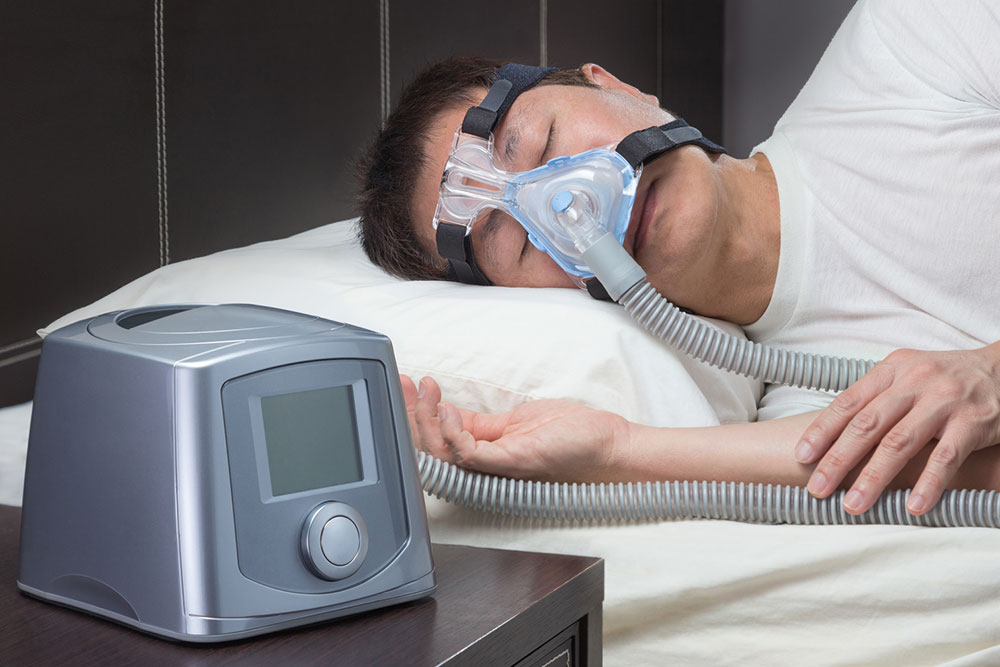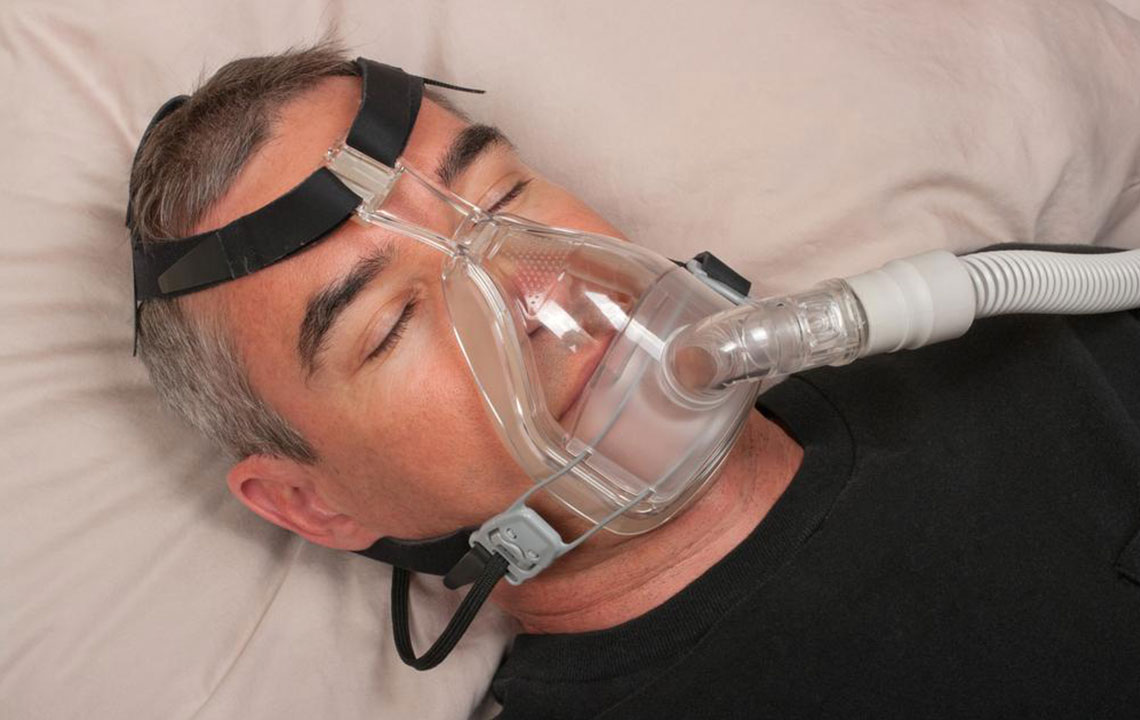Effective Strategies to Manage Sleep Apnea Symptoms
Discover effective natural strategies to manage sleep apnea symptoms, including lifestyle changes, dietary tips, and environmental adjustments. These remedies can improve breathing quality and reduce health risks associated with the disorder. Consultation with healthcare professionals is advised if symptoms continue or worsen.

Effective Strategies to Manage Sleep Apnea Symptoms
Sleep apnea is a prevalent sleep disorder affecting many individuals today. If you notice poor sleep quality, it could be linked to sleep apnea, which causes interrupted breathing, oxygen shortages, and shallow respirations during sleep. Many sufferers wake suddenly, gasping for air.
Recognizing Common Symptoms
Individuals with sleep apnea often experience breathing pauses during sleep, sometimes up to thirty times per hour, often without awareness. The condition triggers abrupt awakenings, accompanied by a gasp for air, as the body attempts to restore normal breathing.
Additional symptoms include loud snoring, restless sleep, tiredness during the day, choking episodes, and feelings of anxiety. Addressing these signs involves various remedies for sleep apnea.
Health Risks of Untreated Sleep Apnea
It’s important to understand that sleep apnea isn’t merely heavy snoring; it’s a serious health concern requiring prompt medical attention. If left untreated, it may elevate risks of heart disease, stroke, diabetes, obesity, memory issues, and sexual health problems. Disrupted sleep can also lead to accidents, poor academic or work performance, increased illness susceptibility, and overall weakened resilience.
Here are natural remedies to help manage sleep apnea effectively:
Maintain a Healthy Lifestyle
Maintaining a balanced diet and regular exercise can significantly reduce sleep apnea symptoms. Excess weight, especially around the neck, narrows breathing passages, worsening the condition. Losing even ten percent of body weight can help keep airways open by reducing inflammation and pressure. Incorporate fiber-rich foods, vegetables, fruits, nuts, seeds, and whole grains into your meals. Consuming healthy fats and high-protein foods, along with herbal remedies and essential oils like grapefruit, ginger, and cinnamon, may also support better breathing.
Avoid Smoking, Alcohol, and Sedatives
Alcohol consumption can impair sleep quality by affecting the throat muscles and palate that control airflow. Smoking and alcohol can cause inflammation and fluid retention in respiratory tissues. Use caution with sedatives and sleeping pills, as they might worsen apnea symptoms and cause daytime drowsiness.
Treat Existing Medical Conditions
Conditions such as nasal congestion, acid reflux, and chronic cough often coexist with sleep apnea. Addressing nasal blockages with steam or vapor treatments prevents breathing difficulties during sleep. Managing acid reflux reduces throat irritation and snoring. Elevating your head while sleeping and following a healthy diet can also alleviate these issues.
Enhance Sleep Environment
Using a humidifier in your bedroom can ease breathing problems, reduce snoring, and minimize congestion. Sleeping on your side with an elevated head position further reduces apnea episodes. Applying natural oils like eucalyptus on your chest before bed can open airways and soothe throat discomfort. Implementing these strategies can help manage sleep apnea symptoms naturally. Consistent healthy habits, proper diet, and medical consultation are essential if symptoms persist.










